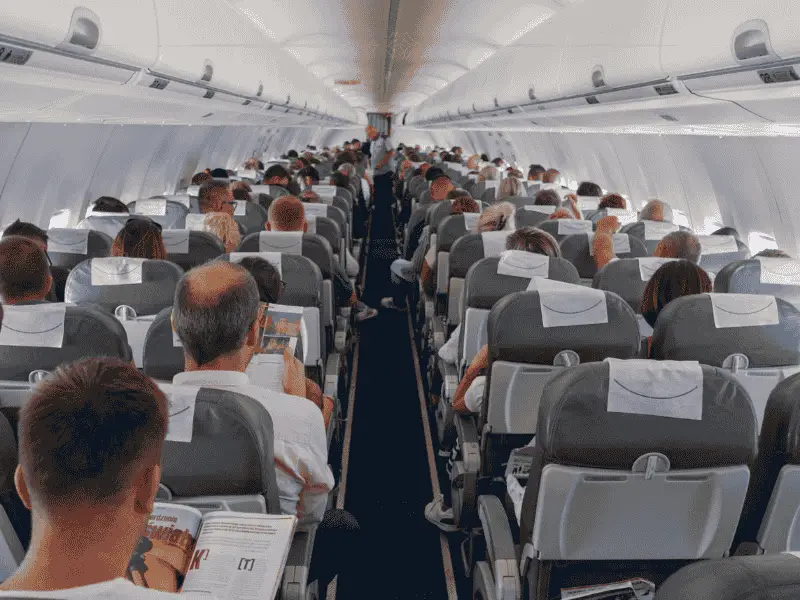Air travel has always been a realm of unwritten rules and social negotiations, but a new trend is pushing the boundaries of passenger behavior. Seat squatting has emerged as a growing phenomenon, with travelers increasingly bold about occupying seats that aren’t assigned to them, creating tension and confusion in airline cabins worldwide.

What drives passengers to deliberately sit in seats not meant for them? The motivations are as varied as the travelers themselves. Some seek better positioning in the aircraft, hoping to upgrade their travel experience without paying extra. Others are motivated by convenience, convenience, or a misguided sense of entitlement.
The Tactics of Seat Squatters
Seat squatters have developed a range of strategies to maintain their unauthorized positions. Some play ignorant, claiming confusion about seat assignments. Others rely on social awkwardness, hoping the rightful seat owner will avoid confrontation. The most brazen will outright refuse to move, testing the resolve of fellow passengers and flight crew.
The phenomenon isn’t limited to a single airline or region. Major carriers including Delta, United, and American Airlines have reported increasing incidents of seat reassignment challenges. What was once a rare occurrence has become frequent enough to catch the attention of frequent travelers and airline staff alike.
Psychologically, seat squatting represents a complex social interaction. It’s a gamble that relies on several factors: the squatter’s confidence, other passengers’ reluctance to create a scene, and the inconsistent responses from flight attendants. Some see it as a form of travel roulette, hoping to improve their seating situation through audacity.
Flight Crew Responses: Inconsistent at Best
Airlines and flight crews are struggling with a consistent approach to seat squatters. Some flight attendants quickly intervene and return passengers to their assigned seats. Others seem reluctant to create additional conflict, sometimes allowing squatters to remain in their unauthorized positions.
Seat squatting creates multiple layers of discomfort. Passengers who have paid extra for specific seats feel cheated. Those who find themselves displaced experience unnecessary stress during what should be a straightforward travel experience. The ripple effect can disrupt entire sections of an aircraft’s seating arrangement.
Traveler Strategies for Handling Seat Squatters
Passengers facing seat squatters have several potential approaches:
- Remain calm and polite
- Immediately involve flight attendants
- Have boarding pass and seat assignment clearly visible
- Be prepared to negotiate a seat swap if acceptable
- Document the interaction if the situation becomes contentious
Seat squatting isn’t uniform across different cultures and regions. Some societies have a more confrontational approach to such challenges, while others prioritize avoiding public conflict. Airlines operating international routes must navigate these cultural nuances carefully.
Beyond the practical challenges, seat squatting raises ethical questions about personal space, respect for fellow travelers, and the social contract of air travel. It reflects broader trends of individual entitlement versus collective consideration.
While individual airlines are still developing comprehensive strategies, the growing frequency of seat squatting incidents suggests a need for more standardized approaches. Training for flight crews, clearer communication protocols, and potentially more significant penalties could emerge as potential solutions.





I am lucky enough to have never experienced this but it sounds dreadful
These seat squatters have no respect for others nor civilized norms. The best approach is to directly confront them and physically remove them from your seat. They are sniveling cowards who hide behind false bravado.